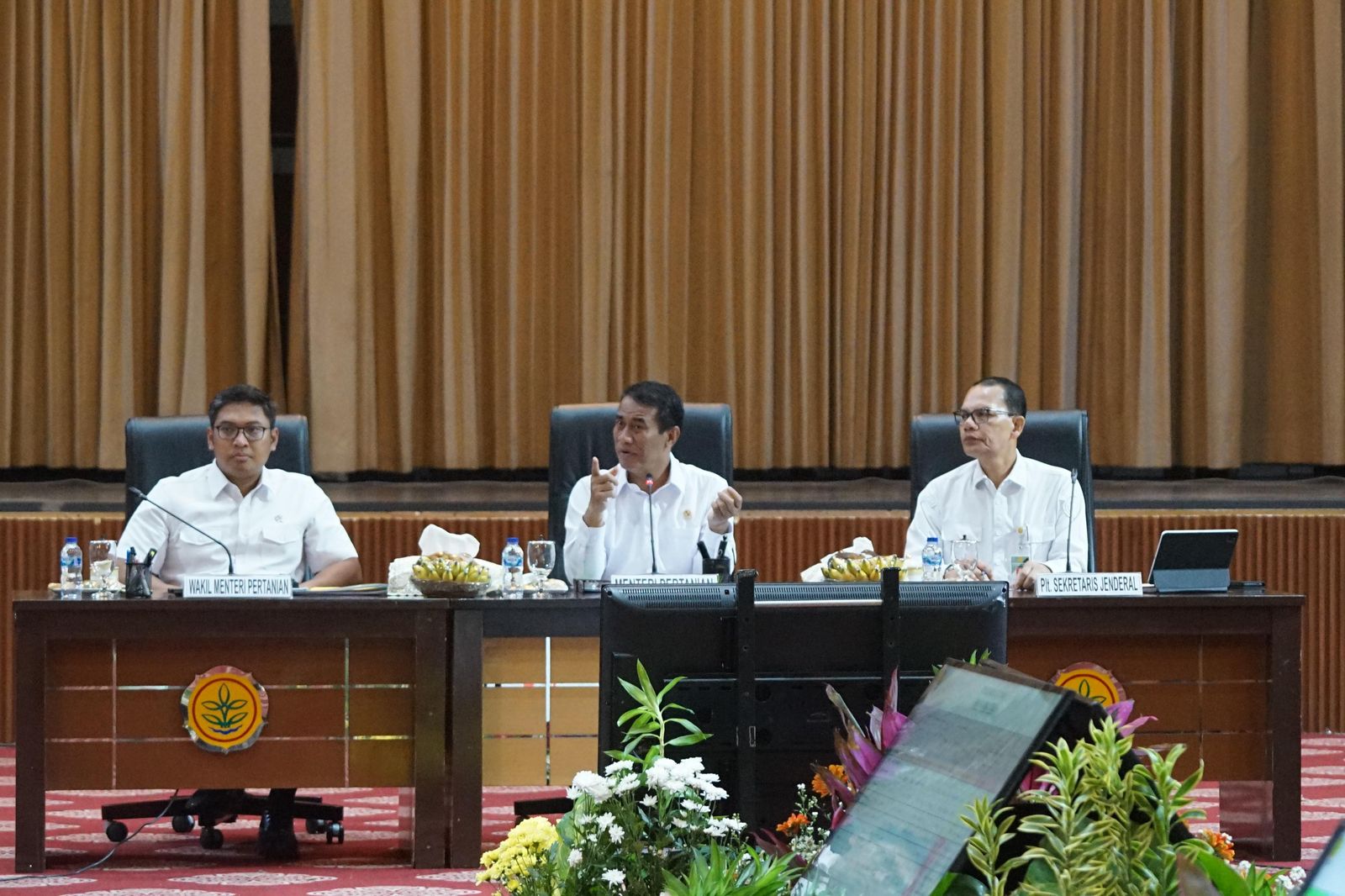Strategies and Initiatives to Boost Indonesia's Rice Production in 2025
Indonesia, a nation with a deep-rooted reliance on rice as a staple food, has set ambitious targets to enhance its rice production in 2025. The government's commitment to achieving food self-sufficiency is evident through various strategic measures and collaborative efforts aimed at increasing rice yields and reducing dependency on imports.
Government's Commitment to Rice Self-Sufficiency
The Ministry of Agriculture, under the leadership of Minister Andi Amran Sulaiman, has projected a significant increase in rice production for 2025. The target is set at 32 million tons, a substantial rise from the previous year's production of approximately 30.34 million tons. This initiative aligns with President Prabowo Subianto's vision of achieving food self-sufficiency and reducing reliance on rice imports.
Key Strategies to Enhance Rice Production
To realize the ambitious target of 32 million tons of rice production in 2025, the Indonesian government has outlined several strategic measures:
- Expansion of Agricultural Land: The government plans to expand farmland by 3 million hectares over the next five years, focusing on cultivating staples such as rice, corn, and soybeans. This expansion aims to counteract the decline in farming areas due to land conversion for housing and industry.
- Optimization of Planting Areas: Efforts are underway to optimize existing planting areas through programs like the Luas Tambah Tanam (LTT), optimasi lahan (oplah), and cetak sawah rakyat (CSR). These initiatives focus on increasing the planting area and improving land productivity.
- Improvement of Irrigation Infrastructure: Collaborations with the Ministry of Public Works and Housing (PUPR) are in place to enhance irrigation systems, ensuring a reliable water supply for rice fields. Improved irrigation is crucial for increasing crop yields and achieving production targets.
- Access to Fertilizers: The government has initiated a revolution in fertilizer access, aiming to provide farmers with timely and adequate supplies. This strategic step is expected to boost national rice productivity significantly and sustainably.
- Implementation of Pompanisasi Program: The pompanisasi program, which involves the use of water pumps for irrigation, has been intensified. This initiative has reportedly led to an increase in rice production, ensuring sufficient monthly rice availability.
Collaborative Efforts and Monitoring
The success of these strategies relies heavily on collaboration among various stakeholders, including government agencies, local authorities, and farmers. Regular evaluations and daily monitoring of planting achievements are emphasized to ensure targets are met. Minister Sulaiman has stressed the importance of daily evaluations over monthly ones to maintain momentum and address challenges promptly.
Furthermore, the government has been proactive in addressing potential challenges such as climate variability and global economic fluctuations. By implementing adaptive strategies and providing support to farmers, Indonesia aims to mitigate risks that could impact rice production.
Achievements and Future Outlook
Recent reports indicate positive trends in rice production. For instance, the production of rice from January to April 2025 is predicted to reach 13.95 million tons, marking the highest level in the past seven years. This increase is attributed to favorable weather conditions and effective governmental programs.
Additionally, Indonesia's national rice stock is projected to reach 3 million tons by the end of April 2025, the highest stock level in the past 20 years. This achievement reflects the effectiveness of the government's strategies in ensuring food security.
Looking ahead, the government's focus remains on sustaining these gains and further enhancing rice production. Continuous support for farmers, investment in agricultural technology, and improvements in supply chain infrastructure are among the priorities to achieve long-term food self-sufficiency.
Conclusion
Indonesia's ambitious goal of increasing rice production to 32 million tons in 2025 is underpinned by comprehensive strategies and collaborative efforts. Through land expansion, optimization of planting areas, improved irrigation, better access to fertilizers, and innovative programs like pompanisasi, the government is laying a solid foundation for achieving food self-sufficiency. Continuous monitoring and adaptive strategies will be crucial in navigating challenges and ensuring the sustainability of these efforts
Read More






 Sunday, 01-03-26
Sunday, 01-03-26







